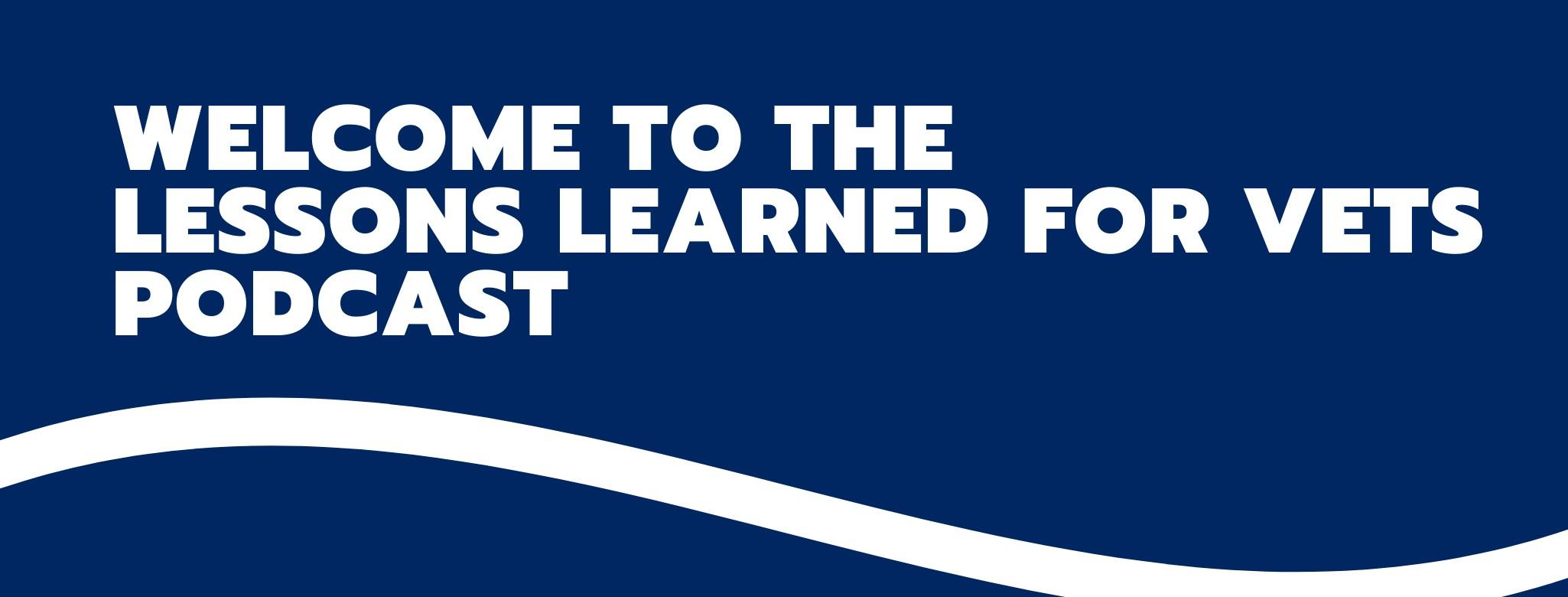
Episode 6:
Beginning his Air Force career in civil engineering, John served in many positions at bases across the US as well as overseas. After nearly 29 years, he retired as a command chief master sergeant from Luke Air Force Base. John has held three senior-level positions since his transition out of the military in 2016, and he is currently the Deputy Director of the Department of Gaming in Arizona. From John’s perspective, that period of 12-18 months before retirement or separation is crucial to preparing a smooth transition. He strongly suggests taking the time to focus on yourself more, your new path and figuring out your next steps to get where you want to go.
Lessons Learned:
- A targeted resume is important one year before retiring or separating.
- Let the regimented schedule go. Turn off the constant notifications. Your team will keep working without you.
- If you want a senior-level position after your military career, then shadow CEOs and senior-level executives in civilian or private-sector roles to see how they function.
- Don’t buy into the idea that employers are lining up to hire you. They’re not.
- Stay positive, because recruitment is rarely fast. Sometimes, you won’t hear back from a talent acquisition specialist and there is no scheduled end-point to the job search.
- Typically, the first question in an interview is “Tell me a little about yourself.” The interviewer wants to know how your skills, abilities and demeanor will positively impact the organization. This is not a throwaway question, so prepare for it!
Are You Struggling to Write Your Resume?
I created the Veteran Resume Self-inspection Checklist to lessen the resume writing struggle for veterans. This 11-item checklist will educate you in resume best practices while giving veterans a guide to assess their resume and determine if it's ready to send to employers.
Download Your Checklist Here




